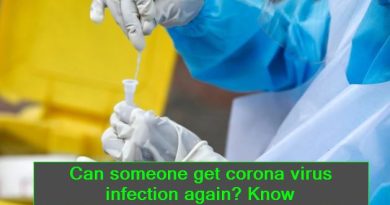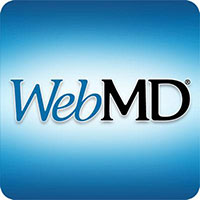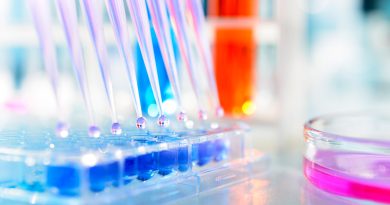Coffee May Slow Spread of Colon Cancer
[ad_1]
The findings were published online Sept. 17 in the journal JAMA Oncology.
Still, the researchers cautioned that although their work pinpoints a link between coffee and better cancer outcomes, it does not prove that drinking coffee actually causes mortality risk to drop or colon cancer growth to slow.
And Mackintosh explicitly cautioned colon cancer patients “against drastically increasing their coffee consumption just because of this study.”
Instead, he suggested that “if someone is a colorectal cancer patient and enjoys drinking coffee, they can continue to do so without fear of worsening cancer prognosis. Of course, decisions like these should always be discussed on a case-by-case basis with one’s personal health care professionals.”
That thought was seconded by Erikka Loftfield, a research fellow in the division of cancer epidemiology and genetics with the U.S. National Cancer Institute’s metabolic epidemiology branch in Rockville, Md.
Loftfield, who coauthored an accompanying editorial, agreed that the findings “do not indicate that people should start drinking coffee, but they may reassure colorectal cancer survivors who already do enjoy their coffee.”
As to what might explain the association between coffee and improved cancer outcomes, Loftfield pointed out that “coffee contains more than a thousand chemical compounds, many of which have known bioactive potential. For example, polyphenols in coffee may have antioxidant and anti-inflammatory effects, and caffeine may increase gut motility.”
Mackintosh and his colleagues also theorized about the potential cancer-impeding impact of antioxidants, while additionally highlighting the disease-fighting benefits that might arise from caffeine’s effect on insulin secretion.
That later point was echoed by Dr. Andrew Chan, a professor in the department of medicine at both Harvard Medical School and Massachusetts General Hospital in Boston, who reviewed the study. “Coffee is known to have anti-inflammatory properties and to sensitize tissues to the effects of insulin, which helps regulate our blood sugar,” he explained. “These are both mechanisms that may reduce the risk of cancer.”
But both Loftfield and Mackintosh agreed that more research will be needed to get a firmer handle on coffee’s precise role in advanced colon cancer progression.
“For the time being, I would suggest those who enjoy drinking coffee continue to do so, and I would not suggest that those who do not drink coffee begin doing so for perceived health benefits,” Mackintosh said.
WebMD News from HealthDay
Sources
SOURCES: Christopher Mackintosh, M.L.A., fourth-year medical student, Mayo Clinic School of Medicine, Phoenix; Erikka Loftfield, Ph.D., research fellow, division of cancer epidemiology and genetics, metabolic epidemiology branch, National Cancer Institute, Rockville, Md.; Andrew Chan, M.D., M.P.H., professor, department of medicine, Harvard Medical School, and associate professor, medicine, gastroenterology, Massachusetts General Hospital, Boston;JAMA Oncology, Sept. 17, 2020, online
 Copyright © 2013-2020 HealthDay. All rights reserved.
Copyright © 2013-2020 HealthDay. All rights reserved.
[ad_2]
Source link



